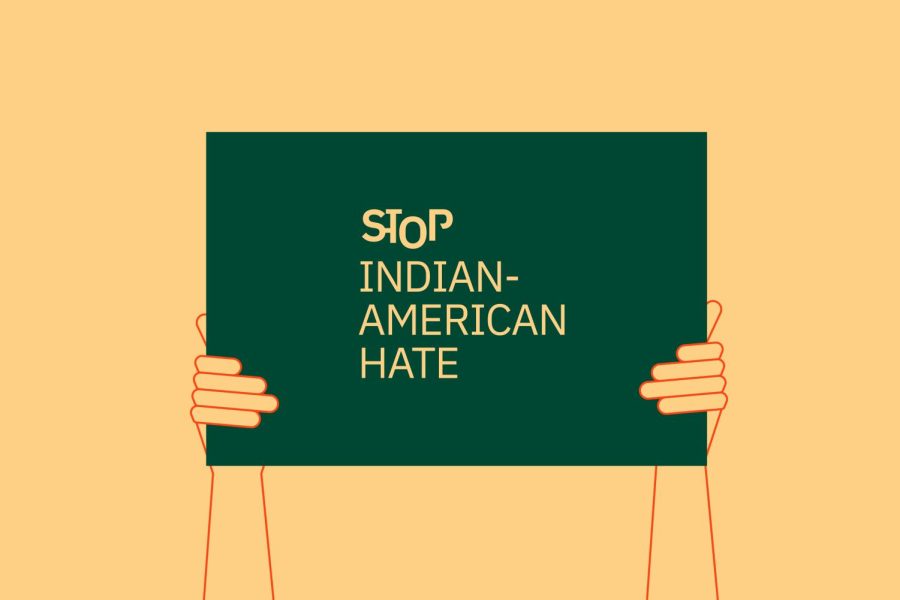Opinion | Fight harder for Indian American justice
Jun 4, 2022
On May 11, a video was circulated around the internet showing a young Indian American middle school student, Shaan Pritmani, being strangled by a white student at Coppell Middle School North in Texas. Throughout the video, Pritmani is repeatedly told by the aggressor to stand up and leave his seat.
Pritmani holds his ground, refusing to leave his seat. Then, Pritmani is dragged out of his seat in a chokehold and pulled onto the floor by the other student. The students around the two can be heard verbally reacting, but nobody stepped in.
Even with the video evidence, Pritmani was given a three-day suspension while the aggressor only received a one-day suspension.
There is absolutely no justification for the leniency shown toward the student who assaulted Pritmani. The decision made by Coppell Middle School North in Texas is unacceptable. Not only is it outrageous that Pritmani was given punishment — he was given greater punishment than the student who used violence.
This difference in treatment would not stand if Pritmani was the aggressor. And even if the roles had been reversed and Pritmani was the aggressor, with the same level of punishment, the public would not let up on demanding justice.
Get The Daily Illini in your inbox!
However, as many Indian Americans know, injustice and racism towards this minority group is often overlooked and only momentarily recognized. This instance, for example, only circulated around social media for a couple weeks and didn’t receive coverage by major news sources.
While both the school’s decision and the public’s attention toward this assault were disappointing, they aren’t surprising. Despite the petitions and small amount of media coverage, the school’s decision did not change. After a few weeks, social media let up and the school was no longer held to public pressure.
There needs to be a change in attitude about racism towards Indian Americans, especially when it is such a prevalent issue. A survey conducted by The Washington Post found that 1 in 2 Indian Americans reported being subjected to discrimination within the 12 months before the survey was conducted. Clearly, racism against Indian Americans in the U.S. is much more common than one might think, yet it somehow seems to constantly miss headlines.
This overlooking of racism is because our society has normalized racism toward Indian Americans. Indian Americans have dealt with racism our entire lives, from benevolent racism — racism that may not seem harmful such as the model minority myth — to blatant hate crimes such as those following the September 11 attacks.
This normalization is not okay and change is long overdue.
The public attitude toward injustice and discrimination against Indian Americans has to change. There needs to be an attitude of zero tolerance rather than passive disapproval. There is always more room in the fight for justice and it is time Indian Americans are actively included.
Sanchita is a freshman in LAS.






